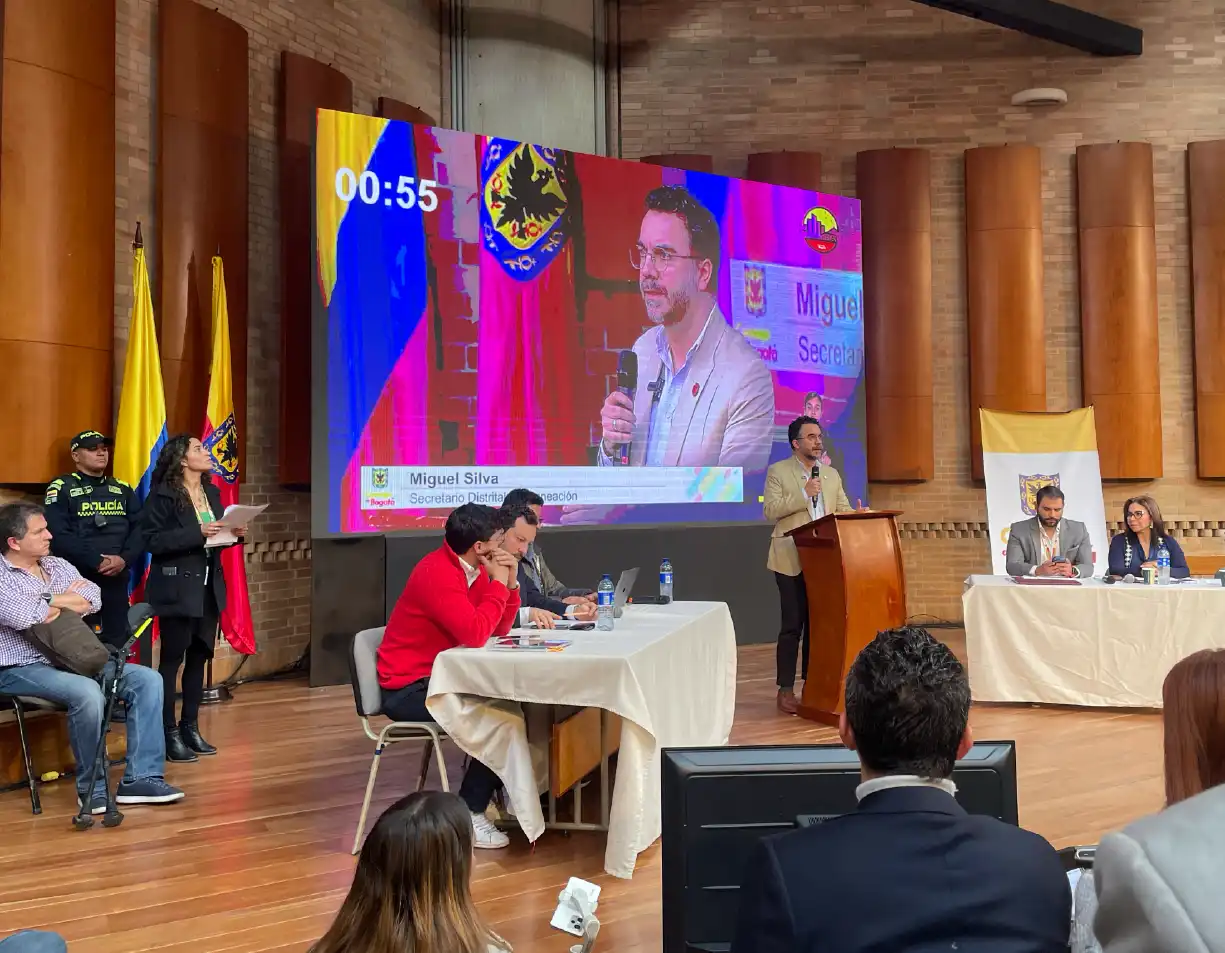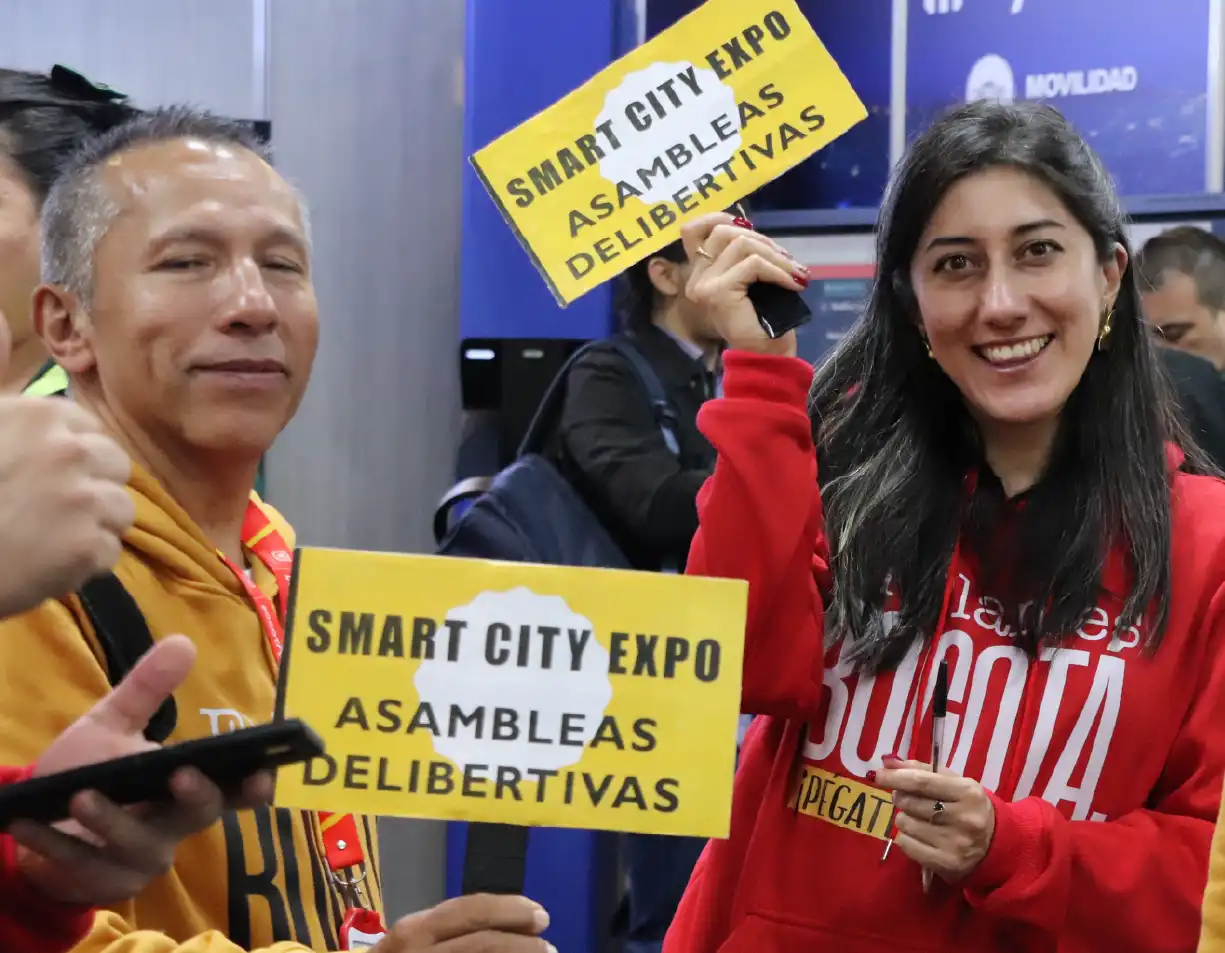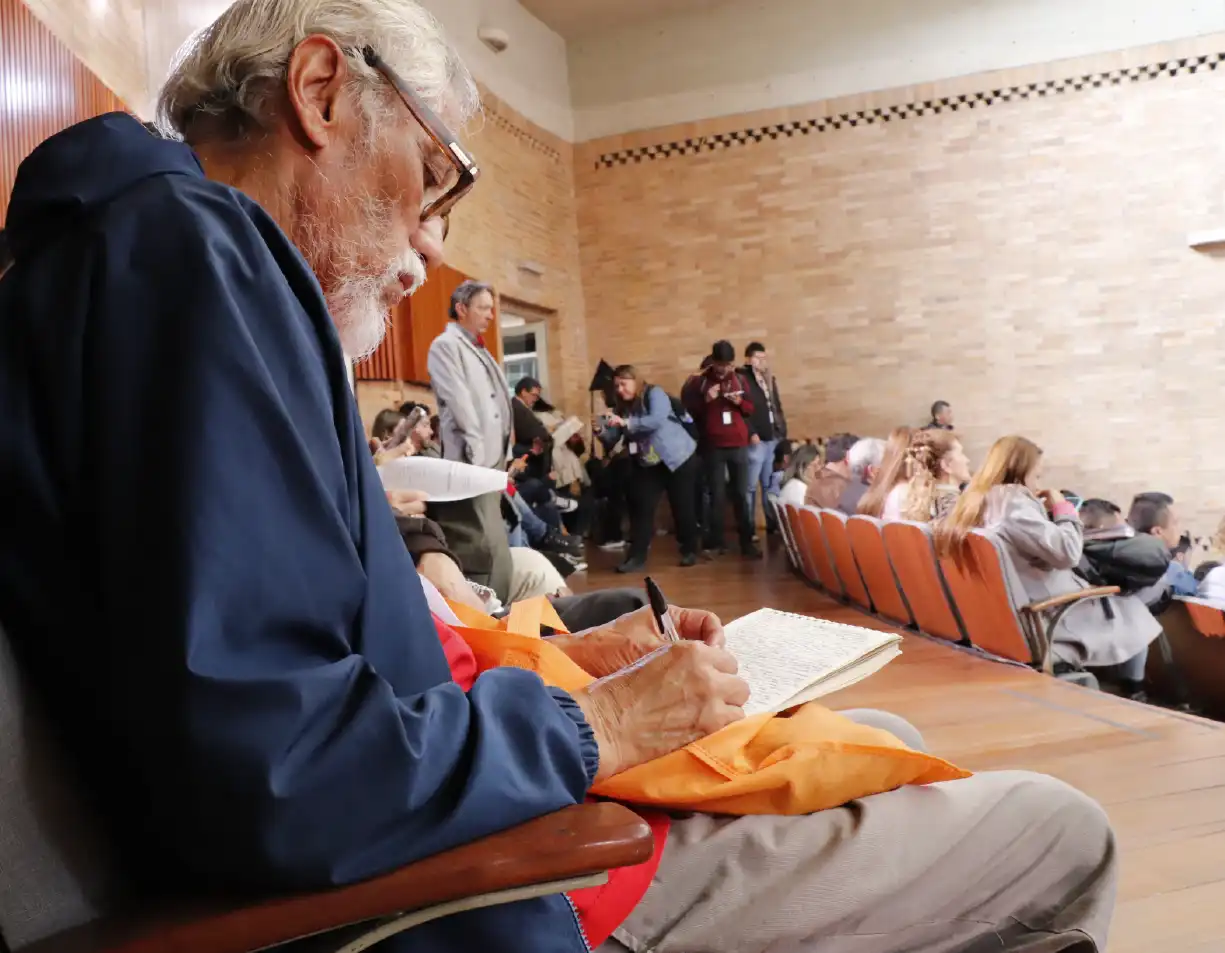COLOMBIA, BUENAVENTURA AND BOGOTÁ
Deliberative Assemblies
- Hub
- Activity
- Model
- Citizen Assemblies
- Deliberation in conflict
- Actors
- Citizenship and communities
- Youth
- Women
- Marginalized communities
- Civil society and intermediaries
- Public sector
- Purpose
- Strengthening democracy
- Democratic strengthening
- Improving the democratic climate
- Democratic education
- Citizen empowerment and capacity building
- Citizen empowerment
#CITIZENSASSEMBLIES / #CONFLICTDELIBERATION
The main goal of this practice, led by Extituto, is to open politics to historically excluded sectors and build citizen participation processes that are clear, fair, and impactful. Through the implementation of citizens’ assemblies and deliberative formats tailored to each territory, Extituto seeks to strengthen democratic inclusion and co-responsibility between citizens and government.
The methodology begins with recognizing local power dynamics and prioritizes the involvement of women, youth, and marginalized communities. The organization adapts its outreach strategies to context: from digital platforms to phone calls and door-to-door visits, always aiming to reduce access barriers.
The practice is also grounded in partnerships with local governments and social organizations to better understand the specific needs of each area. Guarantees are offered to participants, such as transport, meals, and clear information—and in some cases, financial incentives. The process design relies on population data to ensure representativeness and deliberative effectiveness.
- Creation of participatory spaces tailored to territorial contexts
- Prioritization of excluded voices in process design and outreach
- Local partnerships with public and civil society actors
- Diversification of participation and communication channels
- Use of data to enhance process legitimacy and outcomes
- Greater inclusion of women, youth, and marginalized groups in deliberative spaces
- Improved representativeness in citizen participation processes
- Design of methodologies suited to both rural and urban environments
- Increased local impact and advocacy capacity
KEY CONCEPTS
Contextual: Political exclusion, access barriers, unequal representation.
On Democracy: Inclusive participation, democratic innovation, adapted outreach, multi-actor alliances.





